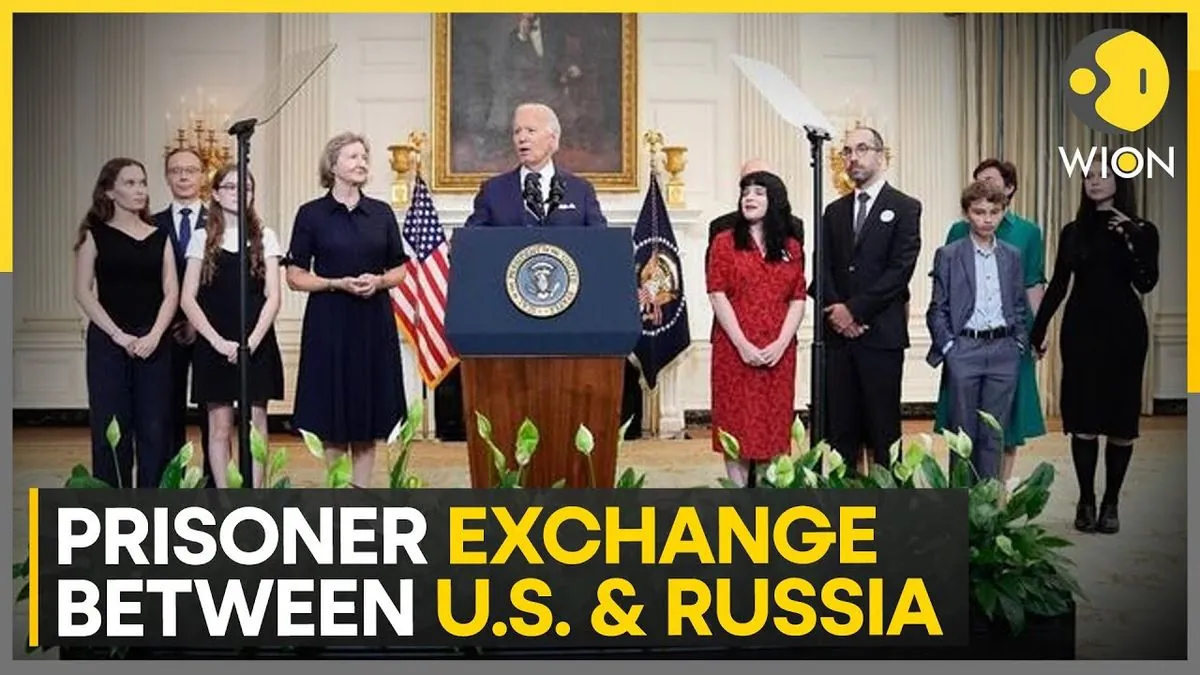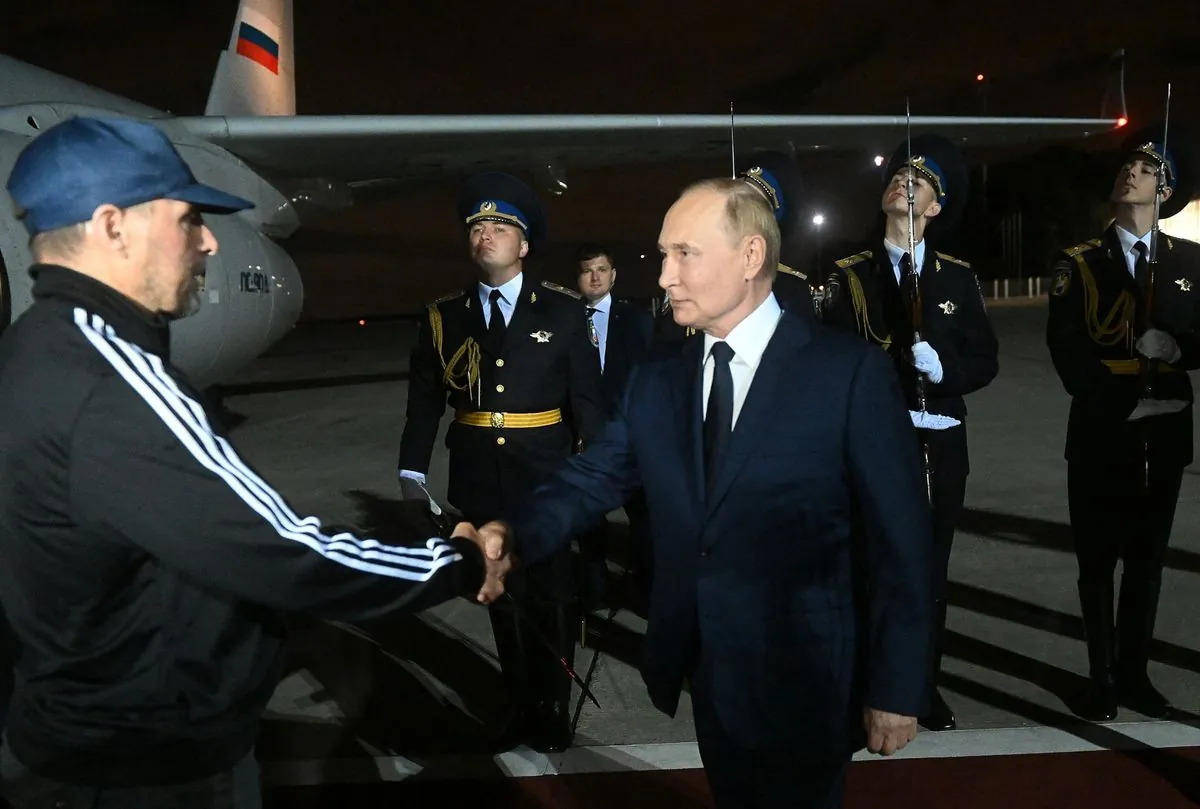Historic US-Russia Prisoner Swap Marks Diplomatic Milestone
A major prisoner exchange between the US and Russia, involving 24 individuals across 7 countries, showcases diplomatic efforts. The swap, including journalists and activists, highlights contrasting approaches and election-year implications.

In a significant diplomatic achievement, the United States and Russia conducted a large-scale prisoner swap on August 1, 2024. This exchange, the most extensive since the Cold War, involved 24 individuals across seven nations, demonstrating the complexities of international negotiations.
Joe Biden presented this breakthrough at the White House, emphasizing its humanitarian aspects. The exchange saw 8 Russians returned home in exchange for 16 Americans, Germans, and Russians. Among those freed were Evan Gershkovich, a Wall Street Journal reporter, and Paul Whelan, a former U.S. Marine, both previously held in Russia on disputed espionage charges.
The swap also included Oleg Orlov, a human rights defender and co-chair of the Nobel Peace Prize-winning group Memorial, who had been imprisoned for criticizing Russia's actions in Ukraine. On the Russian side, Vadim Krasikov, a former FSB colonel serving a life sentence in Germany, was part of the exchange.

Biden highlighted the role of allies in facilitating this exchange, particularly Germany's involvement. He personally engaged with German Chancellor Olaf Scholz in January and February 2024 to secure the deal. This emphasis on international cooperation contrasts with alternative approaches to foreign policy.
The event has sparked political discussions in the U.S., with different interpretations from Democratic and Republican sides. While Biden's supporters view it as a testament to diplomatic prowess, some Republicans, like Senator J.D. Vance, attribute it to anticipation of potential political changes.
This exchange not only marks a significant moment in US-Russia relations but also raises questions about global diplomacy and the value of international alliances. As the U.S. approaches its next election, this event may influence discussions on America's role in world affairs and the merits of various diplomatic strategies.
"For anyone who questions whether allies matter, they do."
The swap's timing, occurring during a typically uneventful period, underscores its importance. It demonstrates the ongoing complexities of international relations and the potential for diplomatic breakthroughs even in challenging political climates.


































